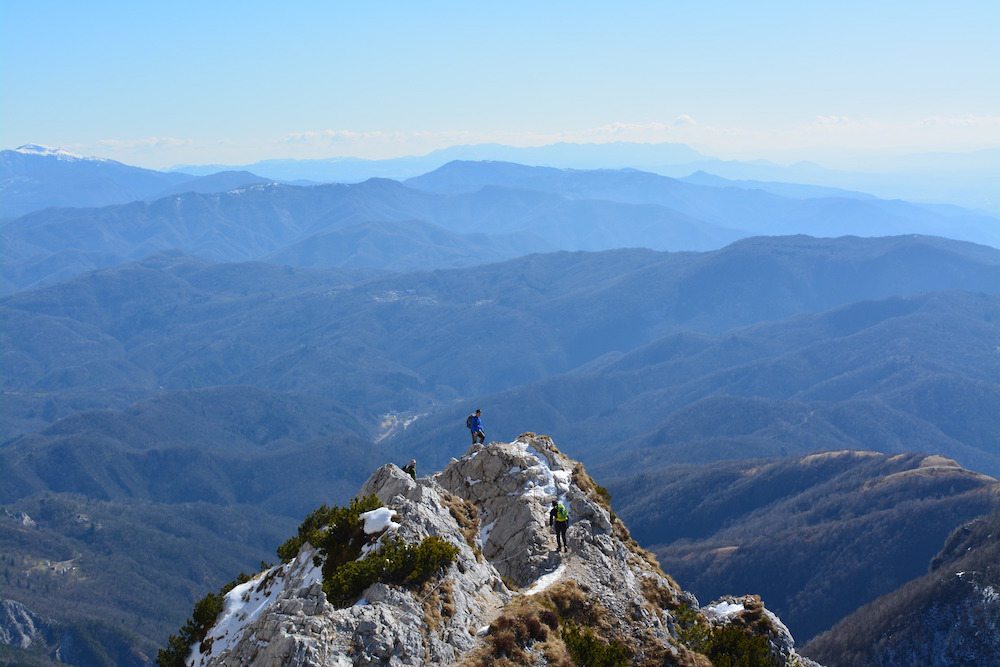“In the wilderness, one comes to understand that there is an essence to life far greater than things in our material lives. That is why I go to the mountains when I want to reflect deeply and renew my spirit.” –Dr. Hyun Jin Preston Moon
As one of humankind’s greatest classrooms, nature has challenged, tested, and molded great leaders for centuries. From Genghis Khan to Mahatma Ghandi, influential figures have shaped their way of life through experiences in the natural world.
Going out and experiencing nature places determined individuals on a fast-track for self-mastery, allowing them to receive immediate feedback in an environment that treats all people the same, no matter their ethnicity, religion, or political background. It rains and snows on everyone the same. This feedback forces the person exposed to the elements of nature to react and adjust, growing constantly for their own survival, not only physically but also emotionally and even spiritually.
 Avid mountain hikers know the importance picking proper clothing and footwear to withstand harsh weather. Other proper equipment, like a compass and maps, are essential to reach your goals and destinations. However, the most experienced hiker will tell you that beyond all the proper equipment, the most important preparation is their mind. Applying the lessons they learn from nature encourages leaders to understand how to adapt to new situations and challenges, fostering qualities of creativity and confidence.
Avid mountain hikers know the importance picking proper clothing and footwear to withstand harsh weather. Other proper equipment, like a compass and maps, are essential to reach your goals and destinations. However, the most experienced hiker will tell you that beyond all the proper equipment, the most important preparation is their mind. Applying the lessons they learn from nature encourages leaders to understand how to adapt to new situations and challenges, fostering qualities of creativity and confidence.
This is why mastery over oneself is essential in the development of a new paradigm for leadership that encourages ownership and places responsibility in the hands of individuals instead of placing emphasis on having a beneficial environment, which can lead one to over-rely on external factors like organizational structure or resources.
Programs like Global Peace Volunteers of the Global Peace Foundation is an example of how young leaders utilize nature as a classroom. Through these platforms, volunteers not only contribute to their community through service projects, but also actively develop their character and teambuilding skills through challenging experiences in the outdoors. This is an intentional strategy to develop moral and innovative leadership qualities and sensibilities that secure an attitude that they can and will be the change they envision for their future.
“Be the change you wish to see in the world.” –Mahatma Ghandi

